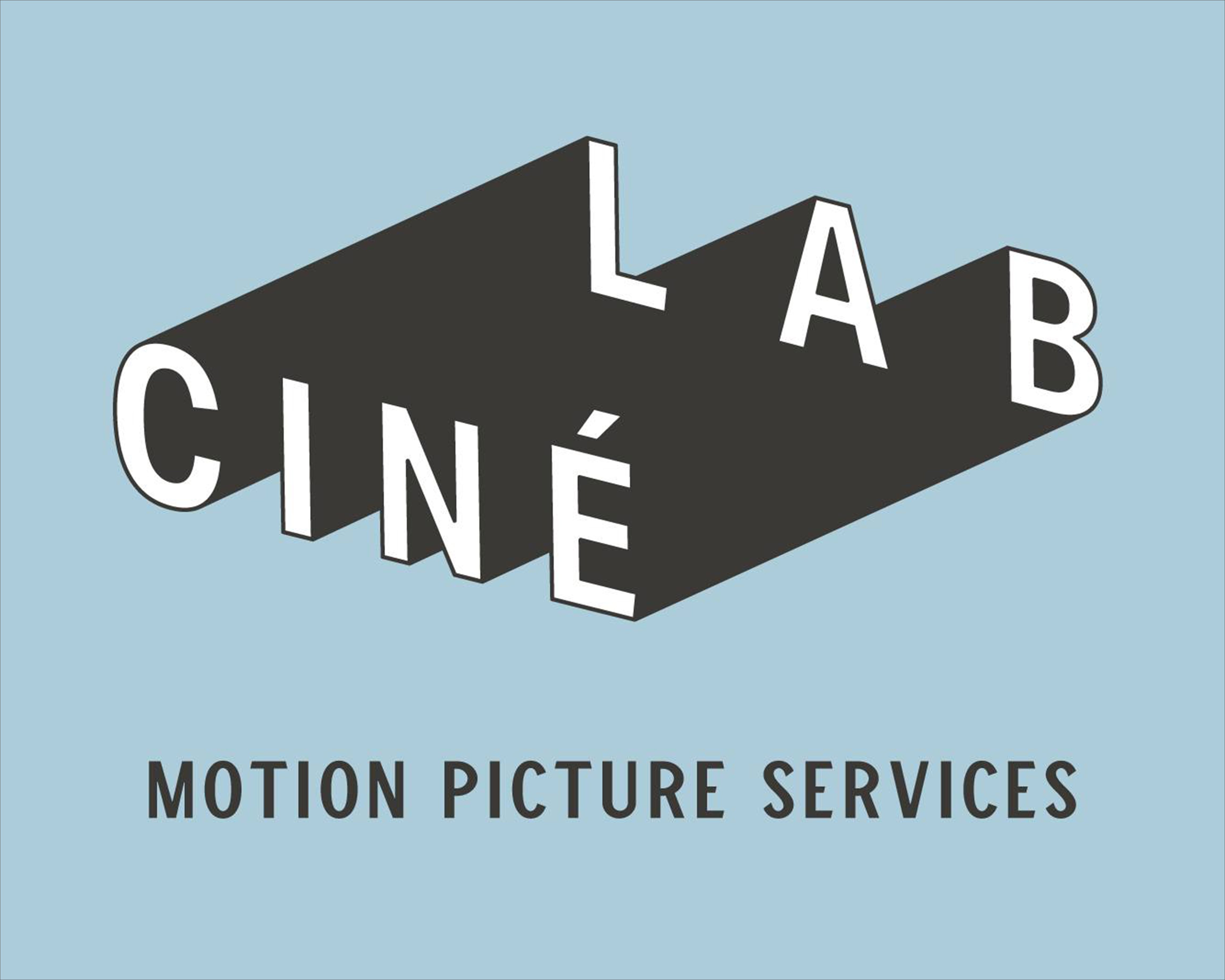I was told by an instructor that the two biggest mistakes students and new filmmakers make is getting friends to be actors and bad sound. They ask their friends and family to act which ends up being a lot of bad acting and they think they can fix bad sound in post. So, it's important that you get good sound when you're shooting.
You are using an out of date browser. It may not display this or other websites correctly.
You should upgrade or use an alternative browser.
You should upgrade or use an alternative browser.
Two Biggest Mistakes Student Filmmakers and Newbies Make
- Thread starter Kim Welch
- Start date

Unlike video, where what you see in the viewfinder is what you get -- audio breaks all of the rules of distance and framing. Bad sound floods in from the sides, rear, and downstage front -- even if you use the world's most expensive condenser mics. Booming from anywhere other than just a couple feet (couple, as in two or three, not several) usually results in thin, noisy, and hollow dialogue.Miking from atop the camera lens is the most common amateur mistake; unless the lens is two feet in front of an actor's face -- the mic does not have proper reach for the distance. And horizontal miking will suck in noise from behind the actor.
I teach professional sound recording for film/video. It takes a lot of effort to get good sound on location, but in the long run it pays off. Good production soundtracks require far less editing later on, and that saves big bucks along with yielding a much better soundtrack.
Audiences are very accustomed to hearing great soundtracks. Bad sound really jumps out at them, and diminishes any independent efforts at telling a good story and getting your first videos widely seen.
I teach professional sound recording for film/video. It takes a lot of effort to get good sound on location, but in the long run it pays off. Good production soundtracks require far less editing later on, and that saves big bucks along with yielding a much better soundtrack.
Audiences are very accustomed to hearing great soundtracks. Bad sound really jumps out at them, and diminishes any independent efforts at telling a good story and getting your first videos widely seen.
Yep, agree with FredGinsburg - many first time directors make the mistake of leaving sound as an afterthought, and once you've got bad recordings, it's difficult to reverse. Getting good sound is a really easy and CHEAP way of adding extra production value to your piece so make use of it! Get someone who knows about audio production in at the BEGINNING of your project, same as you would a cameraperson,
Similar threads
- Replies
- 2
- Views
- 421
- Replies
- 0
- Views
- 1,546
- Replies
- 0
- Views
- 903
- Replies
- 1
- Views
- 1,051







